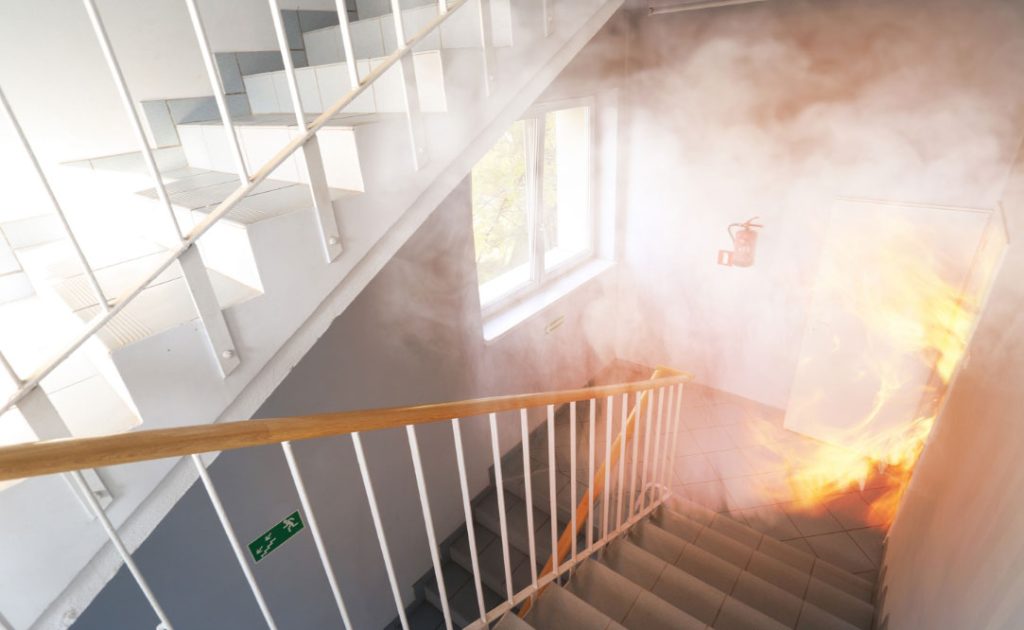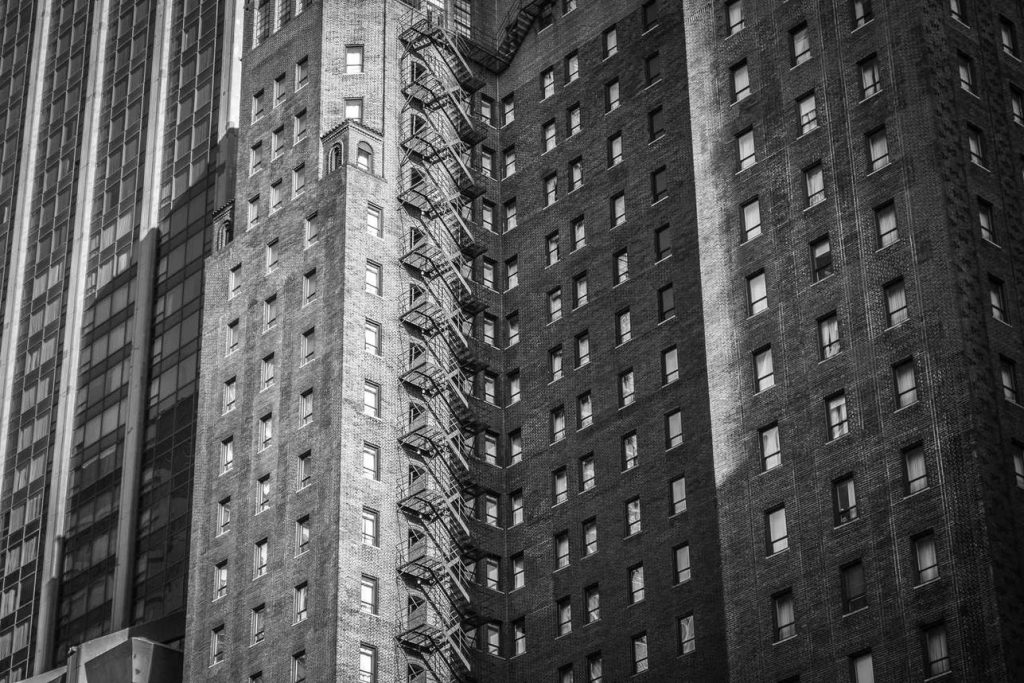Fire Safety Responsibilities for Landlords

Fire Safety Responsibilities for Landlords: Ensuring Compliance & Tenant Protection
Fire safety is a critical responsibility for landlords, ensuring the protection of both tenants and property. One of the most effective fire protection measures in rental properties is the fire door, designed to prevent fire and smoke from spreading.
This guide outlines UK fire door regulations for landlords, detailing their legal duties, compliance requirements, and frequently asked questions.
Why Fire Doors Are Essential
Fire doors are a vital part of passive fire protection, helping to contain fire within specific areas and allowing safe evacuation. These doors are manufactured using fire-resistant materials, including timber, steel, gypsum, and intumescent seals, and are tested to British Standards (BS 8214 & BS 476-22) to ensure their fire resistance capabilities.
Fire doors are classified based on their fire resistance duration:
- FD30 doors – Provide at least 30 minutes of fire resistance.
- FD60 doors and above – Offer extended protection of 60+ minutes.
In buildings such as blocks of flats, HMOs, and commercial premises, correct installation and maintenance of fire doors is a legal requirement to ensure they function effectively in an emergency.
Landlord Responsibilities for Fire Safety
In the UK, landlords must comply with fire safety regulations under:
- The Regulatory Reform (Fire Safety) Order 2005 (England & Wales)
- The Fire (Scotland) Act 2005 & Fire Safety (Scotland) Regulations 2006
To meet their legal obligations, landlords must:
- Conduct a Fire Risk Assessment to identify hazards and implement fire safety measures.
- Install fire doors where required, ensuring they are certified and properly fitted.
- Regularly inspect and maintain fire doors to ensure they remain compliant.
- Ensure escape routes are kept clear and protected with fire doors where necessary.
For HMOs, flats, and commercial premises, fire doors must be installed in key areas, particularly:
- Stairwells and corridors.
- Entrances to flats or individual units.
- Rooms leading onto an escape route.
Landlords are strongly advised to use qualified fire safety professionals for fire risk assessments and fire door installation to ensure full compliance with UK regulations.
Understanding Fire Door Legal Requirements
Fire doors are mandatory in certain properties, especially:
- Houses in Multiple Occupation (HMOs) and commercial buildings.
- Flats and apartment blocks – Entrance doors must be fire-rated and self-closing.
- Shared properties – Any door leading to an escape route may require a fire door.
For single-dwelling rental properties, requirements depend on layout and risk assessment findings. If a room opens onto an escape route, a fire door is generally recommended.
Self-Closing Fire Doors
Under BS 8214:2016 and BS 8300-2:2018, all internal fire doors (except cupboard doors) must be fitted with a self-closing device to ensure they function as intended during a fire.
Frequently Asked Questions
How often should a fire door be inspected?
Fire doors should be checked regularly for signs of damage, and professionally inspected at least once a year to ensure they meet compliance standards.
Can a standard door be converted into a fire door?
No, regular doors cannot be converted into fire doors. Fire doors are constructed from special fire-resistant materials and must meet strict British Standards.
Can I paint or varnish a fire door?
Yes, fire doors can be painted or varnished, but only with approved finishes that do not compromise their fire resistance performance. Avoid altering the thickness or structure of the door.
Are fire doors required in single-dwelling rental properties?
It depends on the property layout. If a room leads to an escape route, a fire door is usually required. It’s best to consult a fire safety expert to confirm compliance.
Protecting Lives & Property with Fire Safety Compliance
Ensuring compliance with fire safety regulations is a legal duty for landlords, but more importantly, it saves lives. Fire doors are an essential part of a wider fire protection strategy, which includes alarms, extinguishers, and regular safety checks.
For expert guidance on fire door installation, inspections, and compliance, contact Overbrook today.




